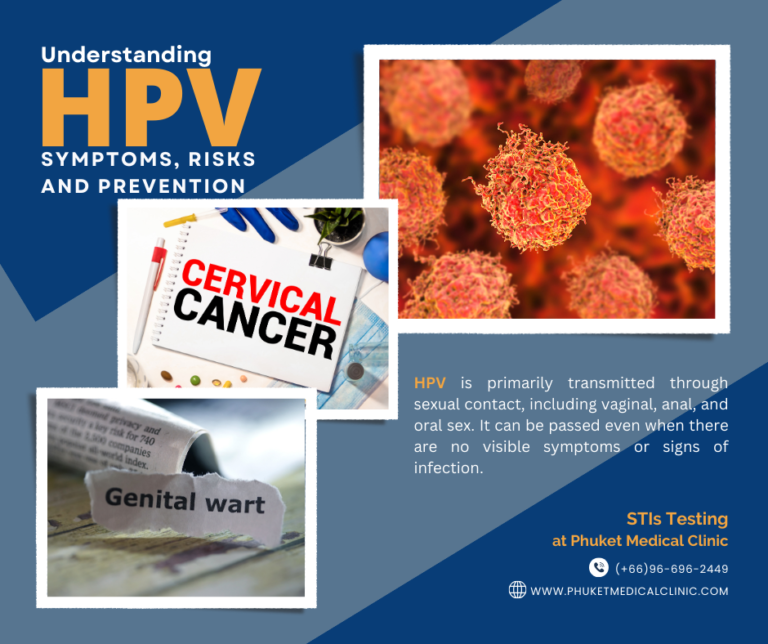
AIDS is a severe infectious disease caused by the HIV virus, which can be transmitted through contact with blood, semen, vaginal fluid, or breast milk from an infected person. Currently, there is no cure for AIDS, but antiviral medications can alleviate symptoms and allow individuals to live many years.
PrEP and PEP are antiviral medications used to prevent HIV infection. These two types of medications differ as follows:
- PrEP, short for Pre-Exposure Prophylaxis, is taken daily in advance to prevent HIV from entering the body.
- PEP, short for Post-Exposure Prophylaxis, is an emergency medication taken within 72 hours after potential HIV exposure.
PrEP Medication
What is PrEP?
PrEP is an antiviral medication taken daily to prevent HIV infection. It consists of two AIDS antivirals, tenofovir disoproxil fumarate/emtricitabine, and another antiviral, raltegravir.
Who Should Take PrEP?
People at high risk of HIV infection, such as those:
- Having unprotected sex.
- Having multiple sexual partners.
- Having a partner infected with HIV.
- Using intravenous drugs.
Effectiveness of PrEP
Studies show that PrEP can reduce the risk of HIV infection by about 99% when taken correctly and consistently.
Precautions for Using PrEP
PrEP can cause side effects such as nausea, vomiting, diarrhea, headache, fatigue, muscle pain, joint pain, etc. These side effects usually occur early in treatment and often resolve on their own. However, consult a doctor if severe or disruptive side effects occur.
How to Take PrEP
PrEP consists of two medications: tenofovir disoproxil fumarate/emtricitabine and raltegravir, taken together once daily.
Where to Get PrEP in Phuket
PrEP can be obtained from hospitals and medical clinics in Phuket. Doctors will determine if a patient should receive PrEP, prescribe the medication, and schedule appointments for collection.
PEP: Emergency HIV Prevention Medication:
PEP is taken within 72 hours after potential HIV exposure.
Who Should Take PEP?
People who should receive PEP include those:
- Having unprotected sex with someone who is HIV positive or unknown status.
- Sharing needles.
- Victims of sexual assault.
- Exposed to potentially infectious fluids on open wounds within 72 hours before taking PEP.
Effectiveness of PEP
Studies show that PEP can reduce the risk of HIV infection by about 70-80% when taken correctly and promptly. Its effectiveness decreases if taken later than 72 hours after exposure.
Precautions for Using PEP
PEP can cause side effects similar to PrEP. Consult a doctor if severe or disruptive side effects occur.
How to Take PEP
PEP consists of two medications: tenofovir disoproxil fumarate/emtricitabine and raltegravir, taken twice daily for 28 days.
Phuket Medical Clinic: Comprehensive, Private, Standardized PrEP & PEP Clinic in Phuket
Phuket Medical Clinic offers comprehensive health services, including PrEP, following international treatment guidelines. Our team of experienced doctors provides consultations and treatments for sexually transmitted diseases and PrEP. Regular side effect monitoring ensures safe and effective medication use.
PrEP Services at Phuket Medical Clinic
- Services by experienced medical professionals.
- Adherence to international treatment guidelines.
- Regular monitoring for side effects.
- Affordable prices.
PrEP is an effective HIV prevention option. Those interested in PrEP should consult a doctor to assess HIV risk and receive safe medication guidance. Phuket Medical Clinic offers high-quality PrEP services in Phuket. Contact us for appointments at telephone number 076-200-111.
If you’re at risk for HIV, consult a doctor for proper and safe use of PrEP. Contact PrEP Clinic Phuket at telephone number 076-200-111.






